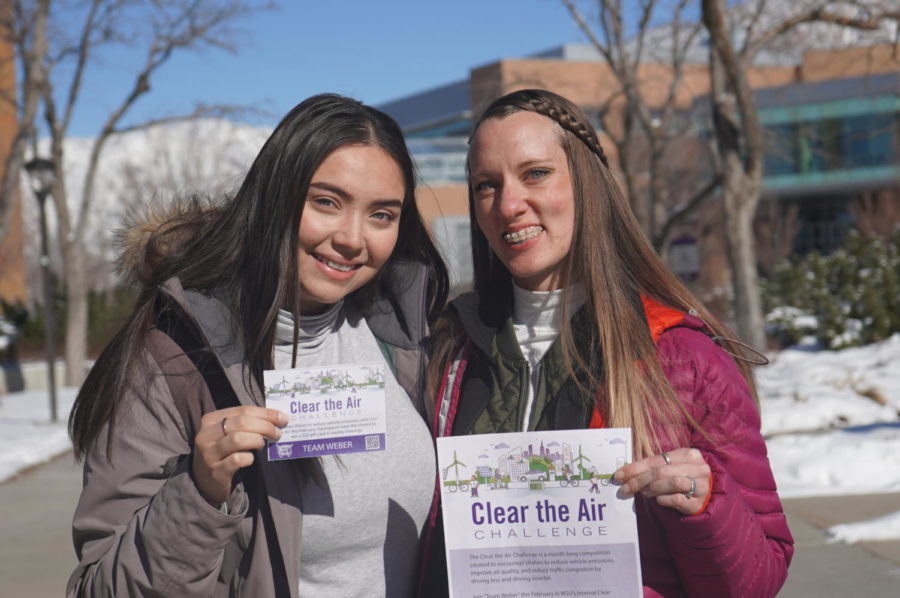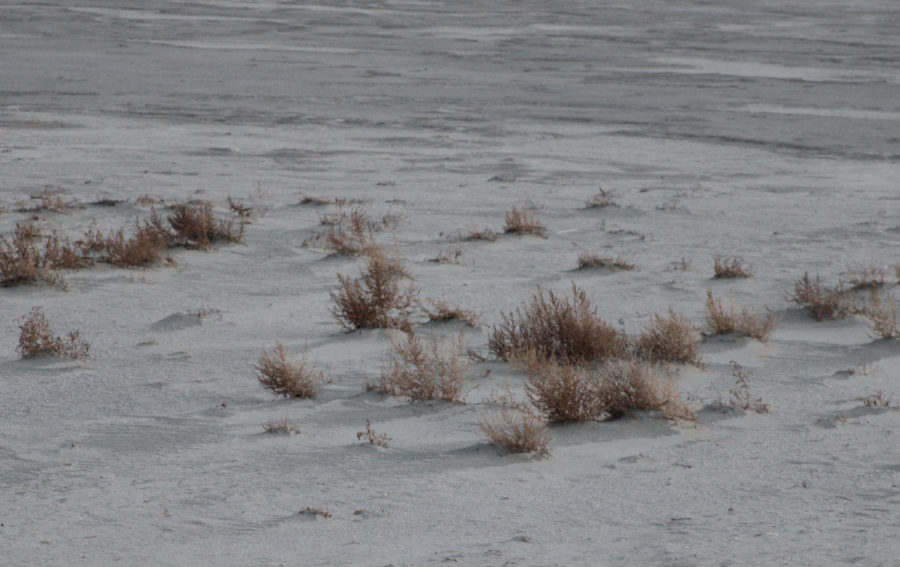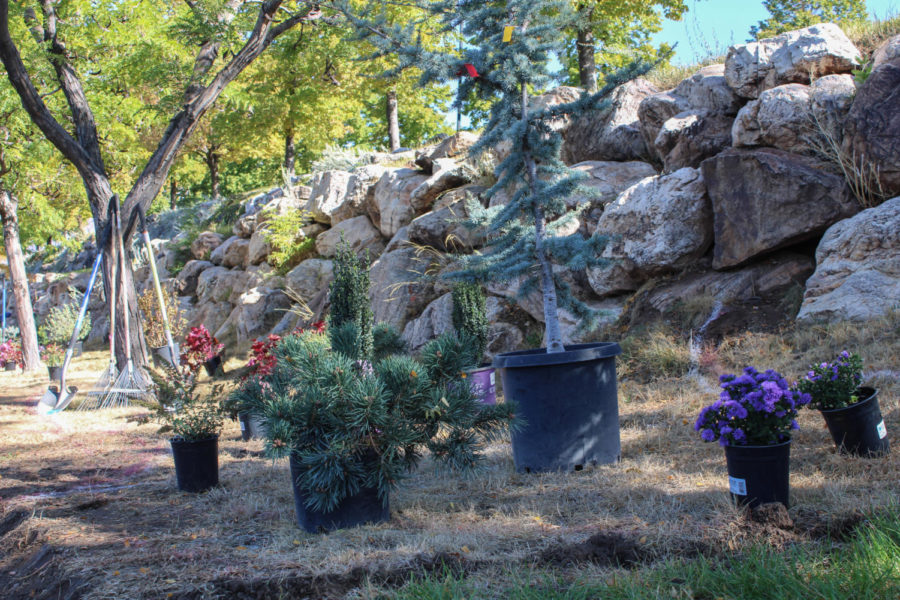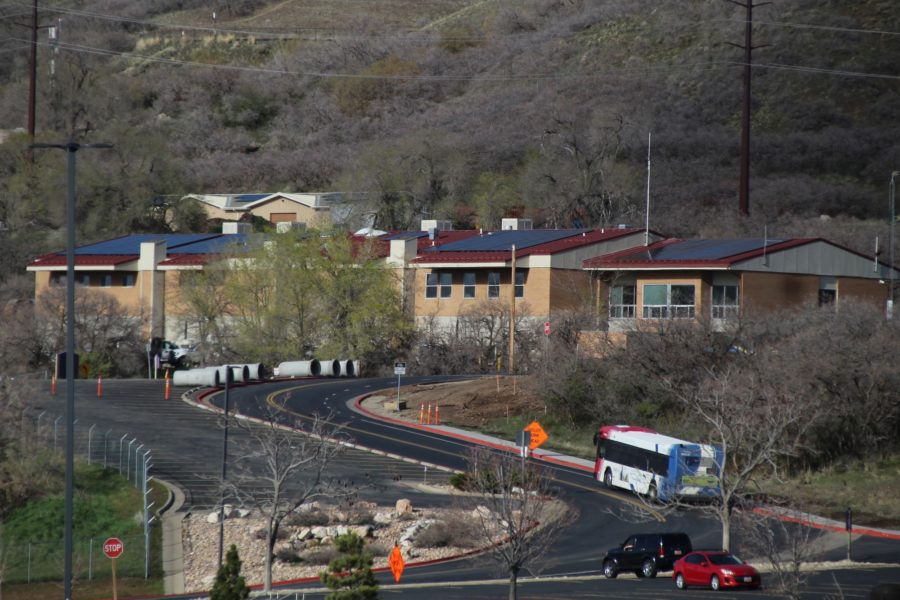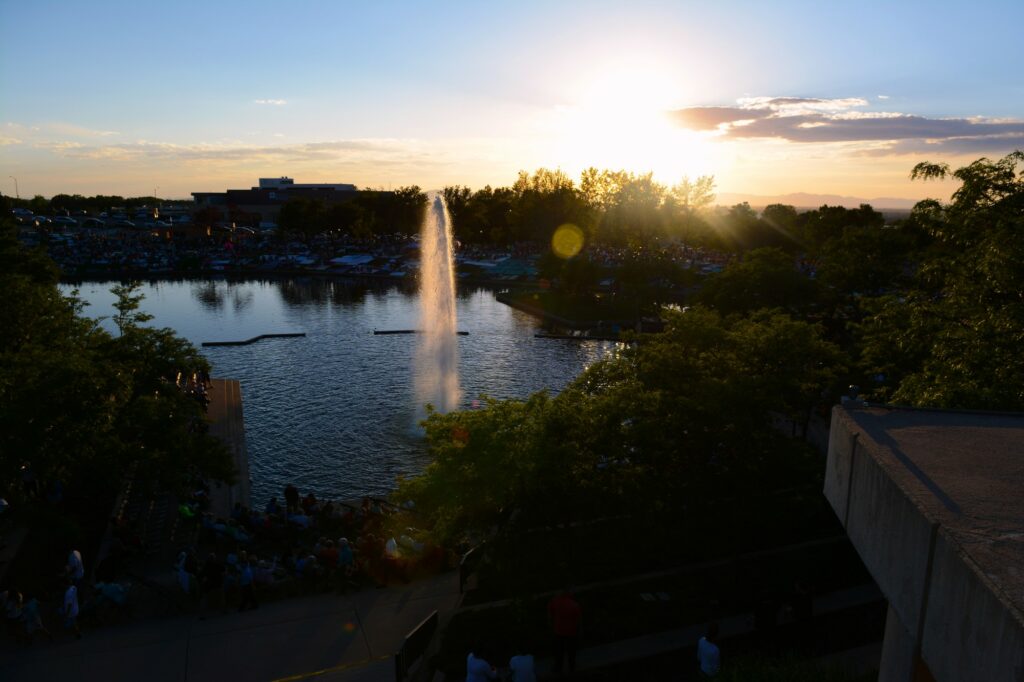
Utah is famous for its landscapes, mountains and nature centers, but it’s also known as one of the driest states in North America.
According to the Utah Division of Water Resources, the average resident uses 293 gallons of water a day. This is typically done unintentionally through leaving the faucet on when brushing teeth, cooking or washing hands.
In an effort to improve this issue, Weber State University has recently hired a water manager to help keep its campus sustainable.
Drew Hodge is the newest water conservation specialist at WSU, located in the Energy and Sustainability Office. His focus is to improve water conservation by providing an expert perspective on how to cut down on student and faculty water usage.
“The fact that we got somebody who’s full-time job is to think about saving water, that’s an improvement to sustaining our water,” geography department professor and Honors Program Director Dan Bedford said.
One of the primary recommendations Hodge has made in order to improve water sustainability is for the school to implement certain areas on campus that provide xeriscaping.
“My goal is to implement xeriscaping in areas that don’t need to be used.” Hodge said. “It’s a well-played integral role in what we do on our campus, but we’re going to put it in instrumental places where it’s best to use instead of having the entire campus being covered by it.”
Xeriscaping is landscaping designed for areas that are susceptible to drought or for properties that regularly implement water conservation practices.
According to epa.gov, waste heat is generated by human energy in cities and towns. This causes urban regions to become warmer than their rural surroundings, forming an “island” of higher temperatures in the landscape.
In order to avoid the heat island effect on campus, Hodge is looking into what types of xeriscape is the right fit for WSU.
“If you think about the airstrip surrounded by dark concrete, that’s really hot,” Hodge said. “So we want to negate the increased temperature that might affect our campus.”
In addition, he hopes to see more clubs and groups of students on campus that care about water conservation in addition to other environmental aspects.
In the H2Oath, or Water War competition sponsored by the Utah Division Resources, Utah’s colleges and universities battle against each other to see which school can acquire the most students, faculty and fans to commit to a water-wise pledge.
WSU won the war in 2017 against the University of Utah, winning a $5,000 grant for a department or program related to water conservation on campus.
“With the Water War competition, this helps students to have a better understanding on how much water is being used and how they can learn to conserve for the future,” Hodge said.
Although the competition isn’t expected to take place until the fall or winter of 2019, there is plenty being done on campus to increase water sustainability.
Even the duck pond located in front of the Student Services Center has a specific purpose. Although adding an element of beauty to campus, it also serves as an irrigation pond.
“A number of folks in the administration really didn’t know what Weber State was doing in terms of water conservation,” associate professor Carla Trentelman said. “We are very proud of all the work Weber State is doing on all the other aspects of sustainability.”















